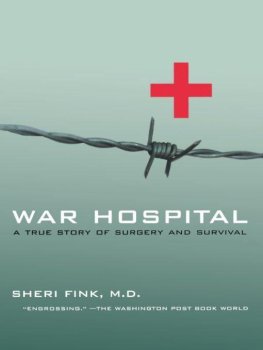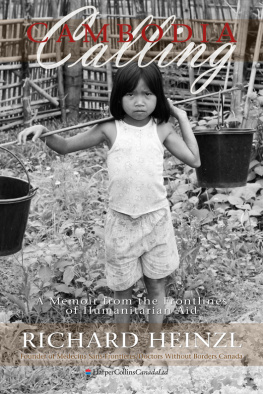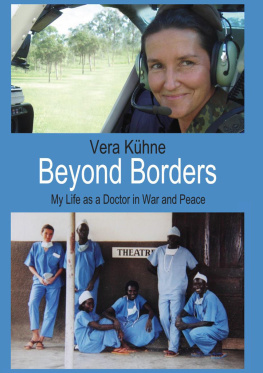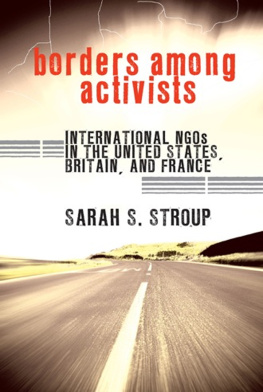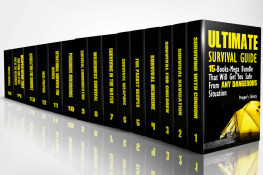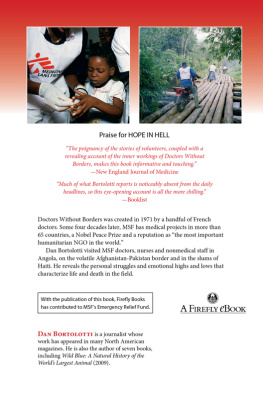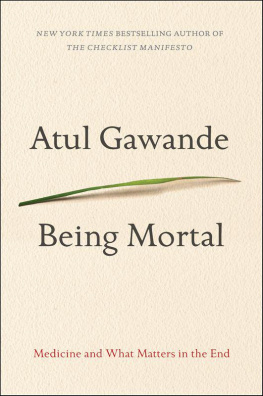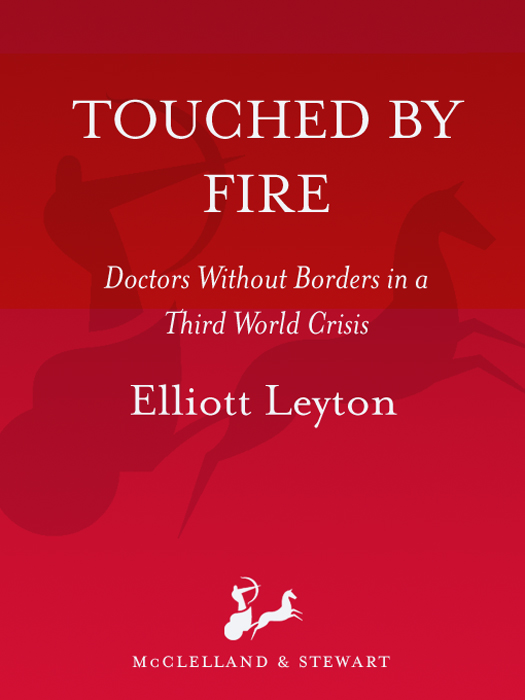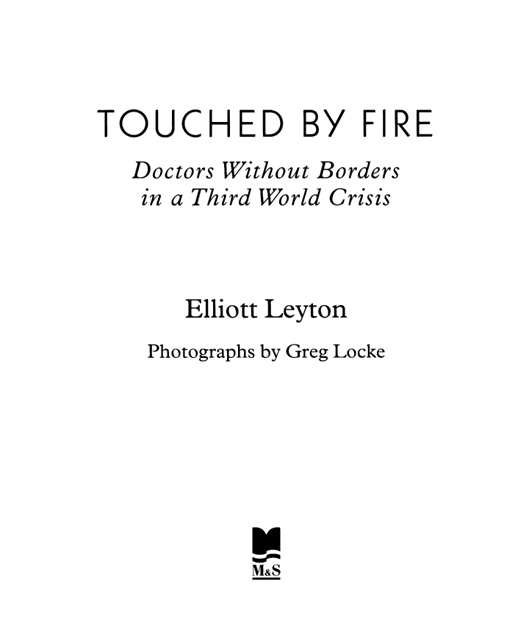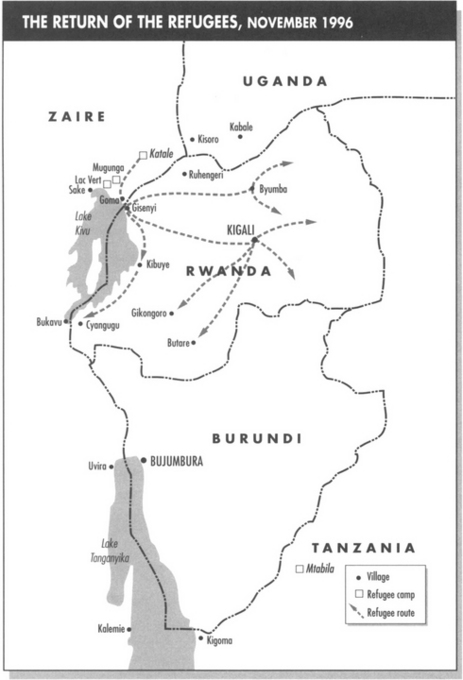Elliott Leyton - Touched By Fire: Doctors Without Borders in a Third World Crisis
Here you can read online Elliott Leyton - Touched By Fire: Doctors Without Borders in a Third World Crisis full text of the book (entire story) in english for free. Download pdf and epub, get meaning, cover and reviews about this ebook. year: 2014, publisher: McClelland & Stewart, genre: Detective and thriller. Description of the work, (preface) as well as reviews are available. Best literature library LitArk.com created for fans of good reading and offers a wide selection of genres:
Romance novel
Science fiction
Adventure
Detective
Science
History
Home and family
Prose
Art
Politics
Computer
Non-fiction
Religion
Business
Children
Humor
Choose a favorite category and find really read worthwhile books. Enjoy immersion in the world of imagination, feel the emotions of the characters or learn something new for yourself, make an fascinating discovery.

- Book:Touched By Fire: Doctors Without Borders in a Third World Crisis
- Author:
- Publisher:McClelland & Stewart
- Genre:
- Year:2014
- Rating:5 / 5
- Favourites:Add to favourites
- Your mark:
Touched By Fire: Doctors Without Borders in a Third World Crisis: summary, description and annotation
We offer to read an annotation, description, summary or preface (depends on what the author of the book "Touched By Fire: Doctors Without Borders in a Third World Crisis" wrote himself). If you haven't found the necessary information about the book — write in the comments, we will try to find it.
They are the smoke jumpers among international aid organizations. While others are often stymied or delayed by bureaucratic red tape, the men and women of Doctors Without Borders (Mdecins Sans Frontires or MSF) move in. They provide food and clean water. They dig latrines. They set up first-aid stations and field hospitals. They treat all-comers according to need. Often they are the last to remain in situations abandoned by others as too dangerous.
The risks they take are moral and ethical as well as mortal. They are acutely aware that giving aid is controversial. Does it really do any good to save a child from murder one day when it will probably starve in the weeks ahead? Is it appropriate to bring expensive western medicine into a country that, in the long run, cant afford it? Should relief be given to civilians who are being starved on purpose, as part of a cynical political game, by a local warlord?
Elliot Leyton and Greg Locke saw something of the implications of these and other questions when they travelled to Rwanda in the fall of 1996. There they found themselves plunged into a humanitarian crisis of epic proportions. Hundreds of thousands of people were on the move. Armed militias and hostile armies lurked in the background. Mass starvation, plague, and an eruption into civil or criminal violence were immediate possibilities. The two Canadians, one an internationally recognized expert on the psychology of killing, the other an experienced photo-journalist, had a rare opportunity to observe MSF in action at a time when the stress was enormous and its resources were stretched to the limit.
They watched and listened, to the perpetrators of violence and their victims, to the survivors and those who gave them assistance, and, above all, to the people of MSF who dedicate themselves to saving lives because, in the words of one MSFer: The world can afford a humanitarian ideal.
The result of Leyton and Lockes research is an extraordinary written and visual record of small miracles performed in the midst of catastrophe.
Elliott Leyton: author's other books
Who wrote Touched By Fire: Doctors Without Borders in a Third World Crisis? Find out the surname, the name of the author of the book and a list of all author's works by series.

